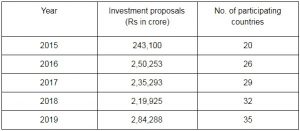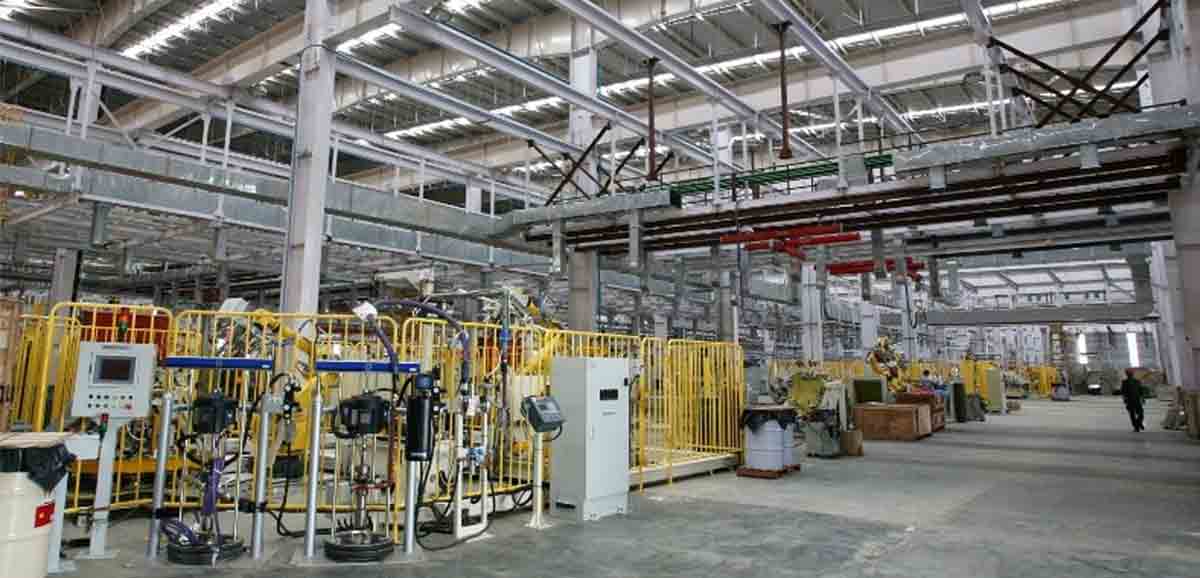Since coming to power, the Trinamool Congress Government, inspired Chief Minister Mamata Banerjee has laid great emphasis on the development of the industrial sector in the State.
Some of the major initiatives taken by the government to promote Bangla as an investment destination are:
Industrial parks
- 14 industrial parks set up and operations begun
- 10 industrial parks upgraded to international standards
- Establishment of 23 industrial parks undertaken
- In Howrah district, India’s largest hosiery park, and a foundry park and a state-of-the art gems and jewellery park set up
- Asia’s largest leather complex in Bantala has welcomed industrialists from Kanpur and Chennai. This will lead to the generation of over 5 lakh jobs
- 2,500-acre industrial centre being set up at Raghunathpur in Purulia district
Industrial Infrastructure:
- Two ports being set up – Tajpur Sea Port and Kulpi River Port, both in Purba Medinipur
- India’s first greenfield airport operating in Andal
Multinational and private investments
- Haldia Petrochemicals revived with the help of State Government; as a result, revival of 2,500 downstream industries have led to the creation of 5 lakh jobs
- JSW Group investing Rs 10,000 crore, being used for constructing cement plant in Salboni on 1,500 acres, thus creating employment for 15,000 people
- Investment by renowned companies like Flipkart, Coca-Cola, Genpact, Cognizant, IBM, Reliance, Pepsi, Amul India, Mitsubishi, ITC, BASF (Germany) and many more
Gains from business summits
Bengal Global Business Summit
The five Bengal Global Business Summits (BGBS) received investments from many national and international industrialists

50 per cent of the above investment proposals already being implemented
Hill Business Summit
Bangla’s first Hill Business Summit organised successfully in March 2018. It generated investment proposals worth almost Rs 1,500 crore for the Hills and north Bengal.
Bengal’s exports
- ‘Banglar Raftani’ mobile app launched to promote Bengal’s exports
- State’s export earnings increased from USD 7.1 billion (2011) to USD 9.16 billion (2018)
File Image

